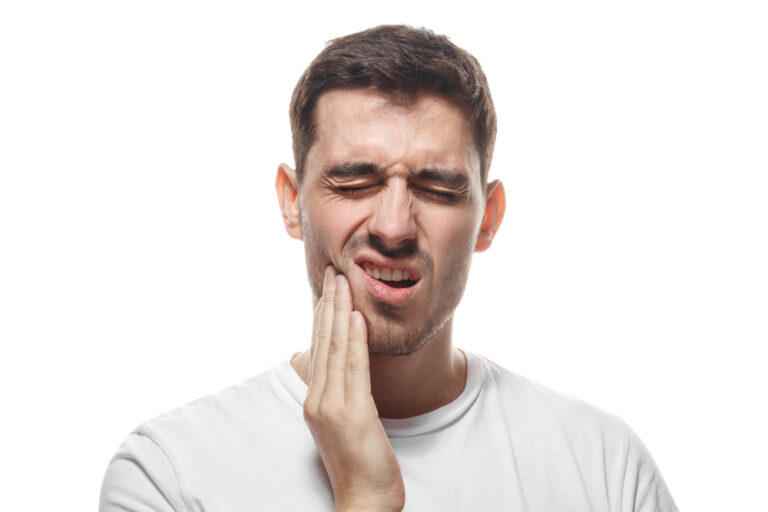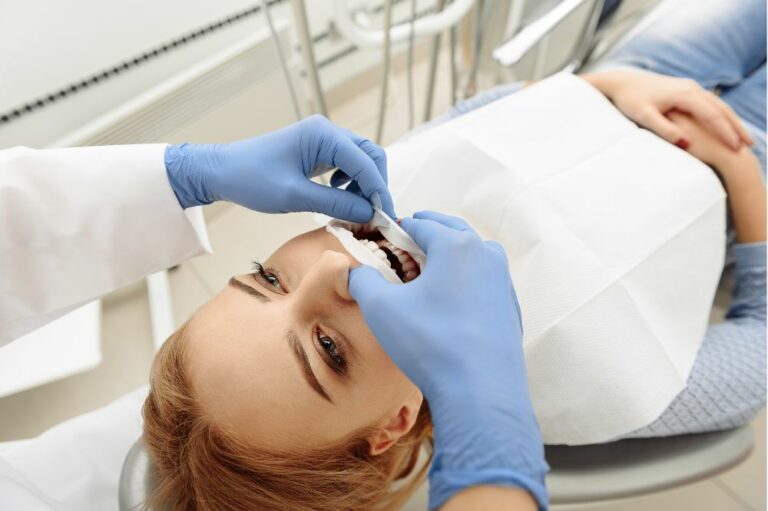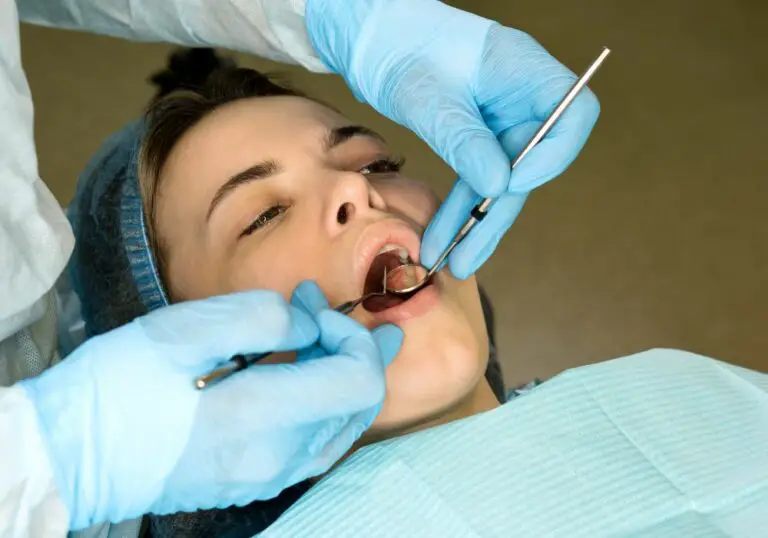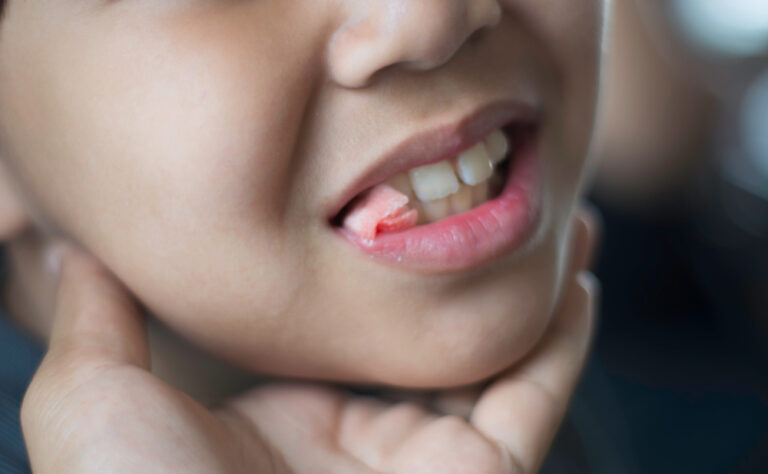Removing an impacted wisdom tooth can be a painful and uncomfortable experience. While it is possible to remove a tooth at home, it is not recommended. Attempting to remove an impacted tooth without proper training and equipment can lead to serious complications and even permanent damage.
If you are experiencing pain or discomfort due to an impacted wisdom tooth, it is important to seek professional dental care. Your dentist will be able to evaluate the situation and determine the best course of action. In some cases, the tooth may need to be surgically removed to prevent further complications.
While it may be tempting to try to remove the tooth at home to save money or avoid a trip to the dentist, it is not worth the risk. Improper removal can lead to infection, nerve damage, and other serious complications. Always seek professional dental care for impacted wisdom teeth.
The Basics of Impacted Wisdom Teeth
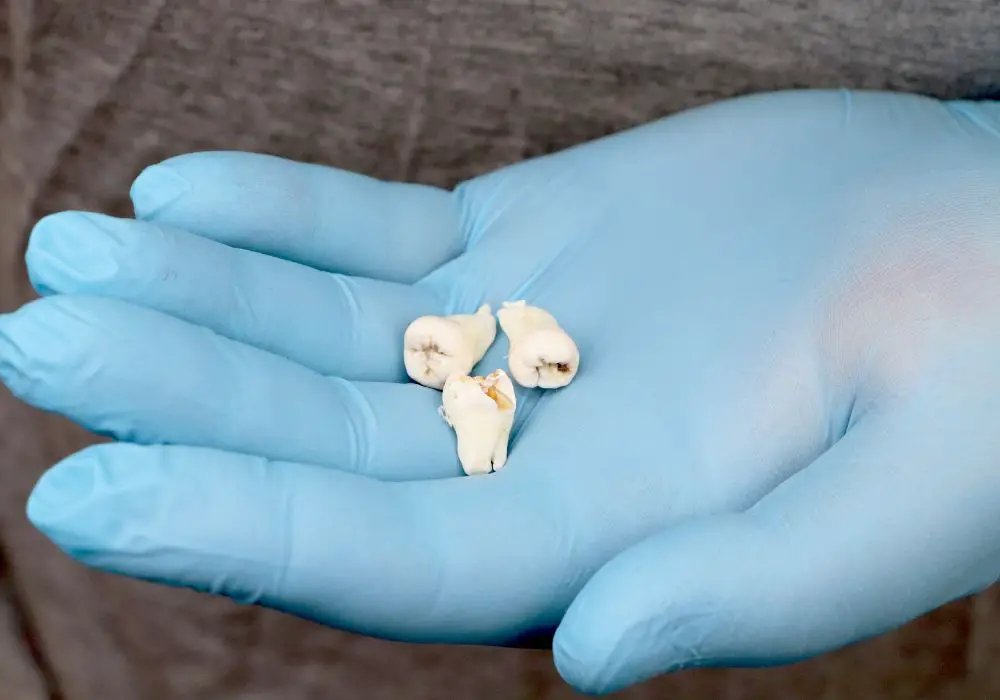
If you’re experiencing pain or discomfort in the back of your mouth, it could be due to impacted wisdom teeth. Here’s what you need to know about this common dental issue.
What Are Impacted Wisdom Teeth
Wisdom teeth, also known as third molars, are the last set of teeth to emerge in your mouth. They typically appear between the ages of 17 and 25, but not everyone develops them. When wisdom teeth don’t have enough space to grow, they can become impacted. This means they’re unable to emerge properly, and they can cause a range of problems.
Symptoms of Impacted Wisdom Teeth
If you have impacted wisdom teeth, you may experience a range of symptoms, including:
- Pain or tenderness in the back of your mouth
- Swelling around your jaw
- Difficulty opening your mouth
- Bad breath or an unpleasant taste in your mouth
- Headaches or earaches
In some cases, impacted wisdom teeth can also lead to more serious issues, such as gum disease, tooth decay, or infections. That’s why it’s important to seek treatment if you suspect you have impacted wisdom teeth.
Overall, impacted wisdom teeth are a common dental issue that can cause discomfort and pain. If you’re experiencing symptoms, it’s important to speak with your dentist about treatment options.
Risks of DIY Wisdom Tooth Removal
Removing an impacted wisdom tooth at home may seem like a quick and easy solution, but it can have serious consequences. Here are some potential health hazards and reasons why professional care is necessary.
Potential Health Hazards
Removing a wisdom tooth requires specialized training and equipment. Attempting to remove a tooth at home can lead to a range of complications, including:
- Infection: Removing a tooth without proper sterilization techniques can introduce bacteria into your mouth, leading to infection.
- Nerve damage: The roots of your wisdom teeth are close to the nerves in your jaw. Attempting to extract a tooth without proper training can damage these nerves, causing pain, numbness, or tingling in your face.
- Bleeding: Removing a tooth can cause significant bleeding. Without proper tools and techniques, it can be difficult to stop the bleeding, which can lead to further complications.
- Broken tooth: Wisdom teeth can be difficult to remove, especially if they are impacted. Attempting to remove a tooth without proper tools can result in a broken tooth, which can cause pain and infection.
Why Professional Care is Necessary
Professional dental care is necessary to ensure a safe and successful wisdom tooth extraction. Here are some reasons why:
- Expertise: Dentists and oral surgeons have the training and expertise needed to safely remove wisdom teeth. They can identify potential complications and take steps to prevent them.
- Anesthesia: Removing a wisdom tooth can be painful. Professional dental care includes the use of anesthesia to ensure that you are comfortable throughout the procedure.
- Sterilization: Professional dental care includes the use of sterile equipment and techniques to minimize the risk of infection.
- Follow-up care: After a wisdom tooth extraction, it is important to monitor your progress and ensure that you are healing properly. Professional dental care includes follow-up appointments to ensure that you are on track to a full recovery.
In conclusion, attempting to remove an impacted wisdom tooth at home can have serious consequences. It is important to seek professional dental care to ensure a safe and successful extraction.
Alternatives to Home Removal
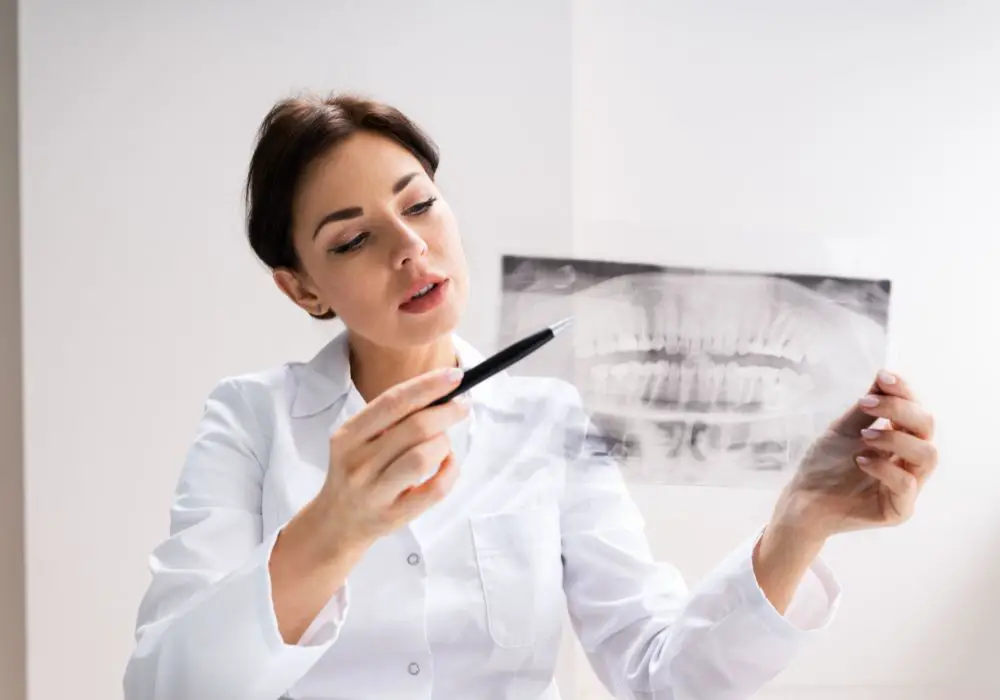
If you are experiencing pain or discomfort due to an impacted wisdom tooth, you may be tempted to try to remove it at home. However, attempting to remove a tooth on your own can be dangerous and can result in serious injury or infection. It is important to seek professional dental care to ensure safe and effective treatment.
Professional Dental Extraction
The most common alternative to home removal of an impacted wisdom tooth is to have it professionally extracted by a dentist or oral surgeon. This procedure involves numbing the area with local anesthesia and then surgically removing the tooth. Depending on the severity of the impaction, the dentist may need to make a small incision in the gum tissue to access the tooth.
After the extraction, the dentist will provide instructions for proper aftercare to ensure proper healing and to prevent infection. It is important to follow these instructions closely to avoid complications.
Non-Surgical Treatments
In some cases, non-surgical treatments may be recommended as an alternative to extraction. These treatments may include:
- Antibiotics: If the impacted tooth is causing an infection, antibiotics may be prescribed to help clear up the infection and reduce pain and swelling.
- Pain medication: Over-the-counter or prescription pain medication may be recommended to manage pain and discomfort.
- Saltwater rinses: Rinsing with warm saltwater can help reduce inflammation and promote healing.
- Orthodontic treatment: If the impacted tooth is causing crowding or other orthodontic issues, braces or other orthodontic treatments may be recommended to correct the problem.
It is important to consult with a dentist or oral surgeon to determine the best course of treatment for your individual situation. Attempting to remove an impacted wisdom tooth at home can result in serious injury or infection and should be avoided.
Prevention and Aftercare

Preventing Impacted Wisdom Teeth
While impacted wisdom teeth can occur for a variety of reasons, there are steps you can take to reduce your risk of developing this painful condition. Here are some tips for preventing impacted wisdom teeth:
- Maintain good oral hygiene: Regular brushing and flossing can help prevent tooth decay and gum disease, which can contribute to the development of impacted wisdom teeth.
- Visit your dentist regularly: Your dentist can monitor the growth and development of your wisdom teeth and recommend treatment if necessary.
- Consider early extraction: If your dentist determines that your wisdom teeth are likely to become impacted, they may recommend early extraction to prevent future problems.
Post-Extraction Care
If you do need to have an impacted wisdom tooth removed, it’s important to take proper care of your mouth afterward to ensure a smooth recovery. Here are some tips for post-extraction care:
- Follow your dentist’s instructions: Your dentist will provide you with specific instructions for caring for your mouth after the procedure. It’s important to follow these instructions carefully to promote healing and prevent complications.
- Use ice packs: Applying ice packs to your face can help reduce swelling and discomfort after the procedure.
- Avoid certain foods: For the first few days after the procedure, it’s best to stick to soft, easy-to-eat foods to avoid irritating the extraction site.
- Don’t smoke: Smoking can interfere with the healing process and increase the risk of complications after wisdom tooth extraction.
- Take pain medication as directed: Your dentist may prescribe pain medication to help manage discomfort after the procedure. Be sure to take it as directed and only as needed.
Frequently Asked Questions
How much does it cost to remove an impacted wisdom tooth?
The cost of removing an impacted wisdom tooth varies depending on several factors, including the severity of the impaction, the location of the tooth, and the dentist or oral surgeon performing the procedure. On average, the cost can range from $225 to $600 per tooth. However, some dental insurance plans may cover a portion of the cost.
What is the recovery time for horizontally impacted wisdom teeth removal?
The recovery time for horizontally impacted wisdom teeth removal can vary depending on the individual and the severity of the impaction. In general, it can take up to two weeks for the swelling and discomfort to subside. During this time, it is important to follow the aftercare instructions provided by your dentist or oral surgeon to ensure proper healing.
Can a loose wisdom tooth be saved?
In some cases, a loose wisdom tooth can be saved through dental procedures such as splinting or bonding. However, this will depend on the cause of the looseness and the extent of the damage. It is important to consult with a dentist or oral surgeon to determine the best course of action.
Will a loose wisdom tooth fall out on its own?
A loose wisdom tooth may fall out on its own, but this is not always the case. It is important to seek dental care if you are experiencing looseness in a wisdom tooth to prevent further damage or infection.
What are the disadvantages of removing wisdom teeth?
While removing wisdom teeth can prevent future dental problems, there are some potential disadvantages to consider. These can include pain and swelling during the recovery period, as well as the risk of complications such as infection or nerve damage. It is important to discuss the potential risks and benefits with your dentist or oral surgeon before making a decision.
What is the recovery time for non-surgical wisdom tooth extraction?
The recovery time for non-surgical wisdom tooth extraction can vary depending on the individual and the extent of the procedure. In general, it can take a few days to a week for the swelling and discomfort to subside. It is important to follow the aftercare instructions provided by your dentist to ensure proper healing.

